For 10th graders, this is the first semester they study under the new program. Because from 9th grade last year onwards, this generation of students studied under the old 2006 program. After a period of studying and training, current 10th graders gave some comments.
Passionate about innovation in curriculum and teaching methods
I conducted a small survey with 10th grade students. Most of the students were interested in studying the new program compared to the old program. According to the students, in the new program, they can choose a combination of subjects with their favorite subjects. Many subjects are built in a way to reduce the theoretical part and increase the practical and application.
Regarding teaching and learning methods, most students said they enjoyed it because they were "not constrained or stereotyped by textbooks and documents". On the contrary, it promotes students' proactive, creative, and self-learning roles. Students are able to exchange, discuss, and work in groups more. Therefore, the lessons are always lively, different from the quiet atmosphere before. In subjects such as English and literature, teachers also enhance many skills for students such as reading, speaking, and listening, instead of focusing too much on writing skills as before, helping students "be less shy and passive in learning and communicating".
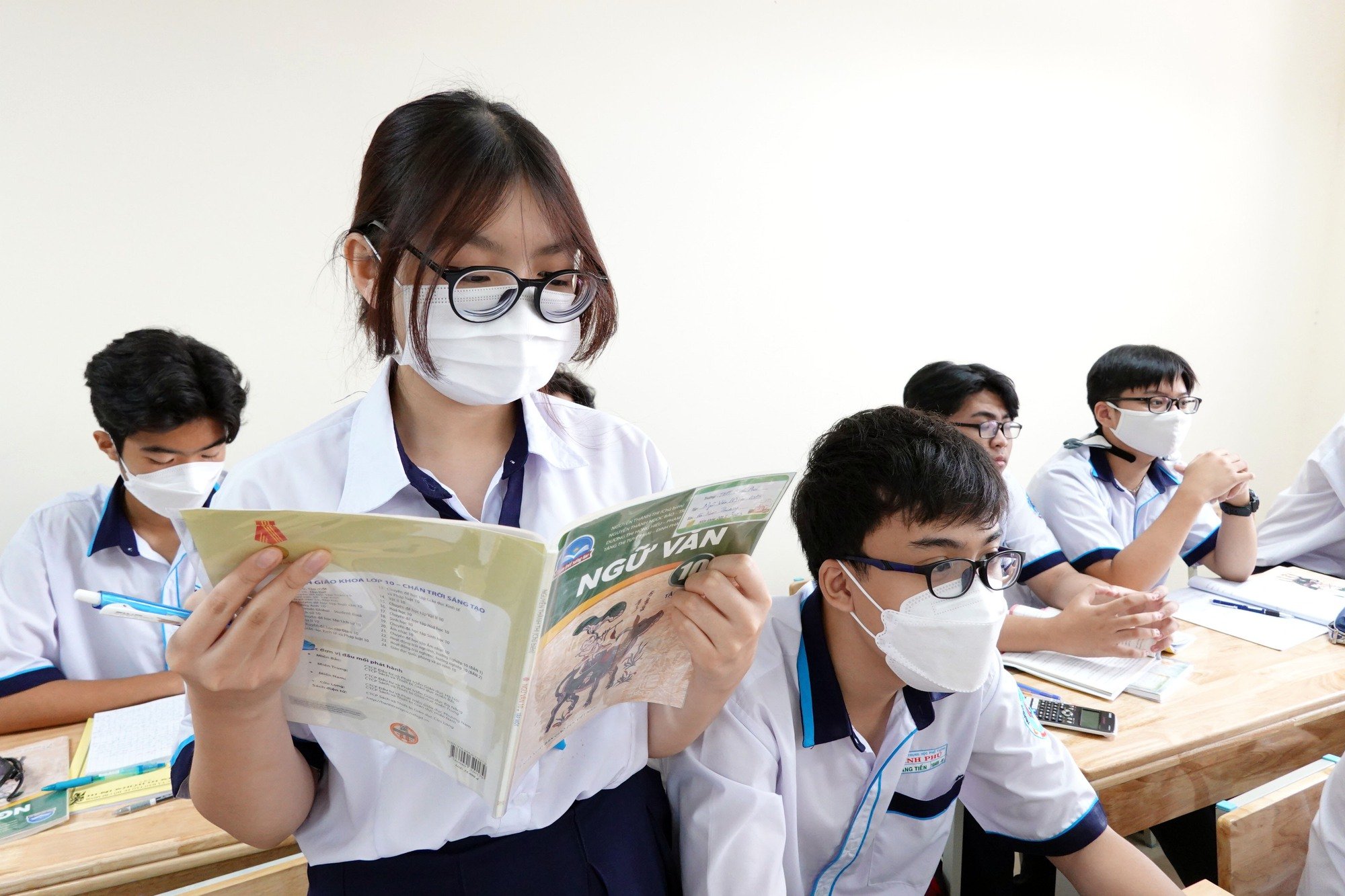
10th grade students in literature class according to the new program
Regarding testing and assessment, students like the new program because it comprehensively assesses students' strengths. The old assessment method only focused on written tests. Meanwhile, the new assessment method has many forms such as: products, presentations, practice... making students love it and learning more effective.
Regarding literature, although the language used in the test is outside the textbook, causing some difficulties for students, they still approve of and highly appreciate this testing method. Students believe that this is one of the "bright spots" and the most obvious "transformation" of the new program.
Worried about the heavy program and the consequences of overwork
However, students still expressed many worries and concerns about the burden of the new program and its consequences. A 10th grade student shared: "I feel that the new program does not reduce the workload, the proof is that every day I stay up until 11 or 12 at night to finish all my homework."
The new program also puts a burden on students because teachers "ask" too much work. Specifically, most subjects require students to submit learning products, which takes a lot of effort. It is good for students to present a lot, but having products to present requires students to spend a lot of time.
A student analyzed the harmful effects of abusing group activities: "Group work activities will not be effective for learning with individuals who are not active in the group. Then these students will have an attitude of relying on other students, not wanting to work, and in the long run, their knowledge will be seriously damaged."

10th grade students present about Vietnamese Tet
Diversifying activities (such as career guidance, experiences, outside the classroom...) helps students to be active, positive, and oriented towards global citizenship. However, organizing them too often also makes them feel tired, which is also their concern.
The debate on allowing or banning the use of mobile phones in schools seems to be no longer in line with the trend of the new program. Because currently, teaching, testing and evaluation according to the new program combine many forms, both direct and online. Even the use of learning materials is sent to students online by teachers instead of photocopying as before.
This requires each student to bring digital devices such as smartphones, tablets, laptops, etc. to class. Therefore, the school needs to strengthen its management role. Otherwise, students will easily "abuse their phones, leading to many negative consequences," a student stated.
Source link



![[Photo] Keep your warehouse safe in all situations](https://vphoto.vietnam.vn/thumb/1200x675/vietnam/resource/IMAGE/2025/10/1/3eb4eceafe68497989865e7faa4e4d0e)
![[Photo] President of the Cuban National Assembly visits President Ho Chi Minh's Mausoleum](https://vphoto.vietnam.vn/thumb/1200x675/vietnam/resource/IMAGE/2025/10/1/39f1142310fc4dae9e3de4fcc9ac2ed0)

![[Photo] Hanoi morning of October 1: Prolonged flooding, people wade to work](https://vphoto.vietnam.vn/thumb/1200x675/vietnam/resource/IMAGE/2025/10/1/189be28938e3493fa26b2938efa2059e)

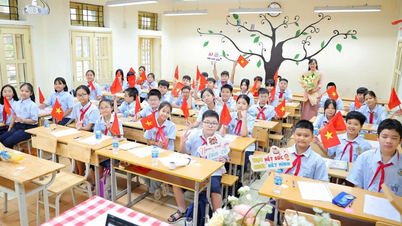























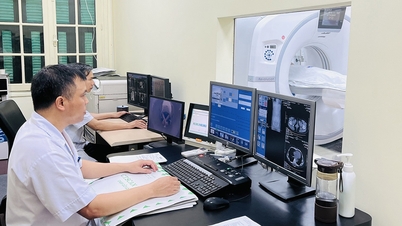









































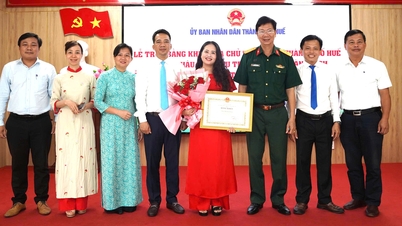

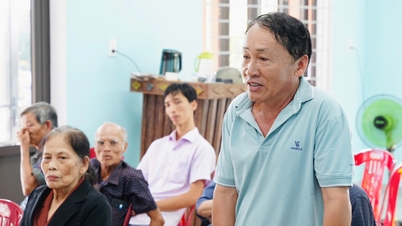





















Comment (0)